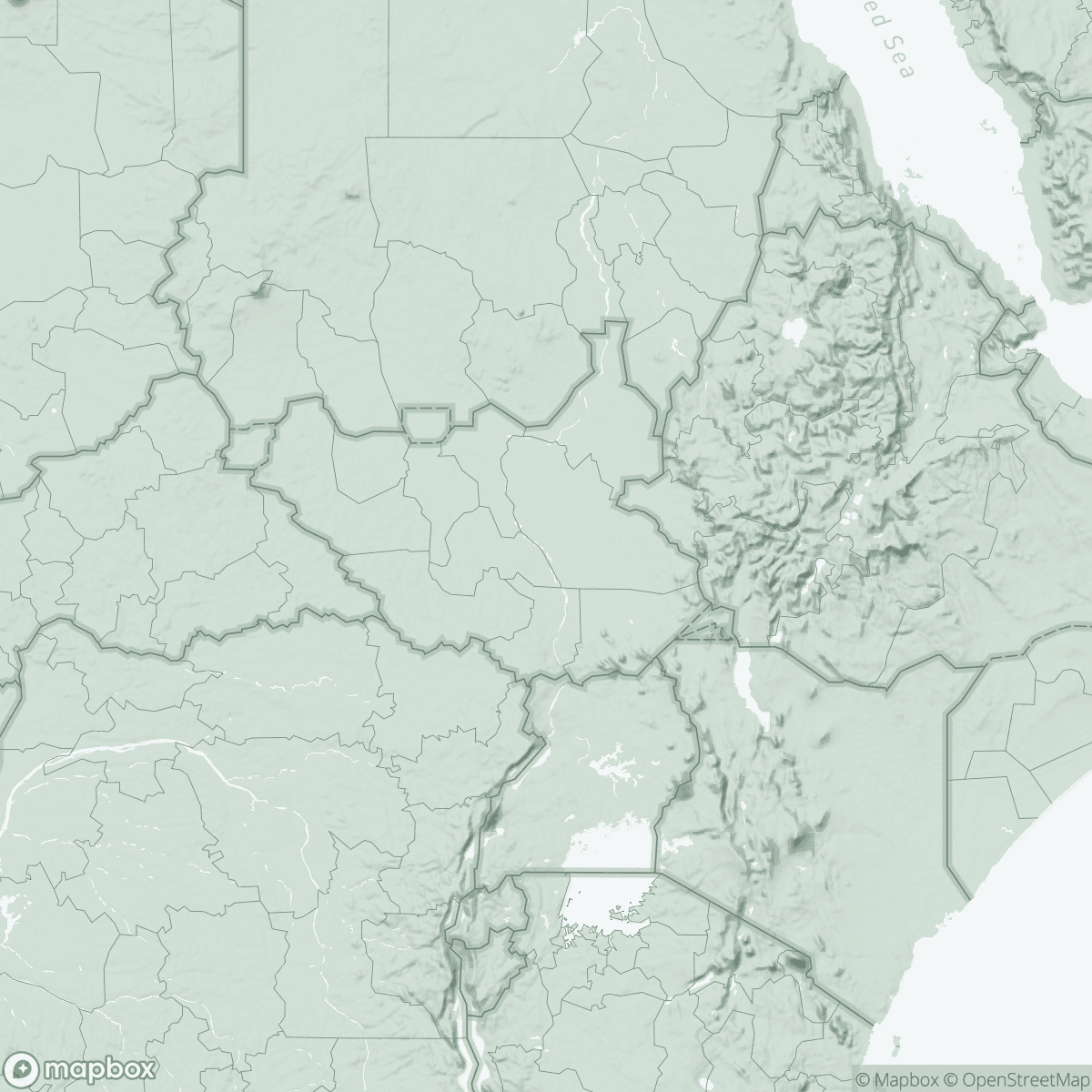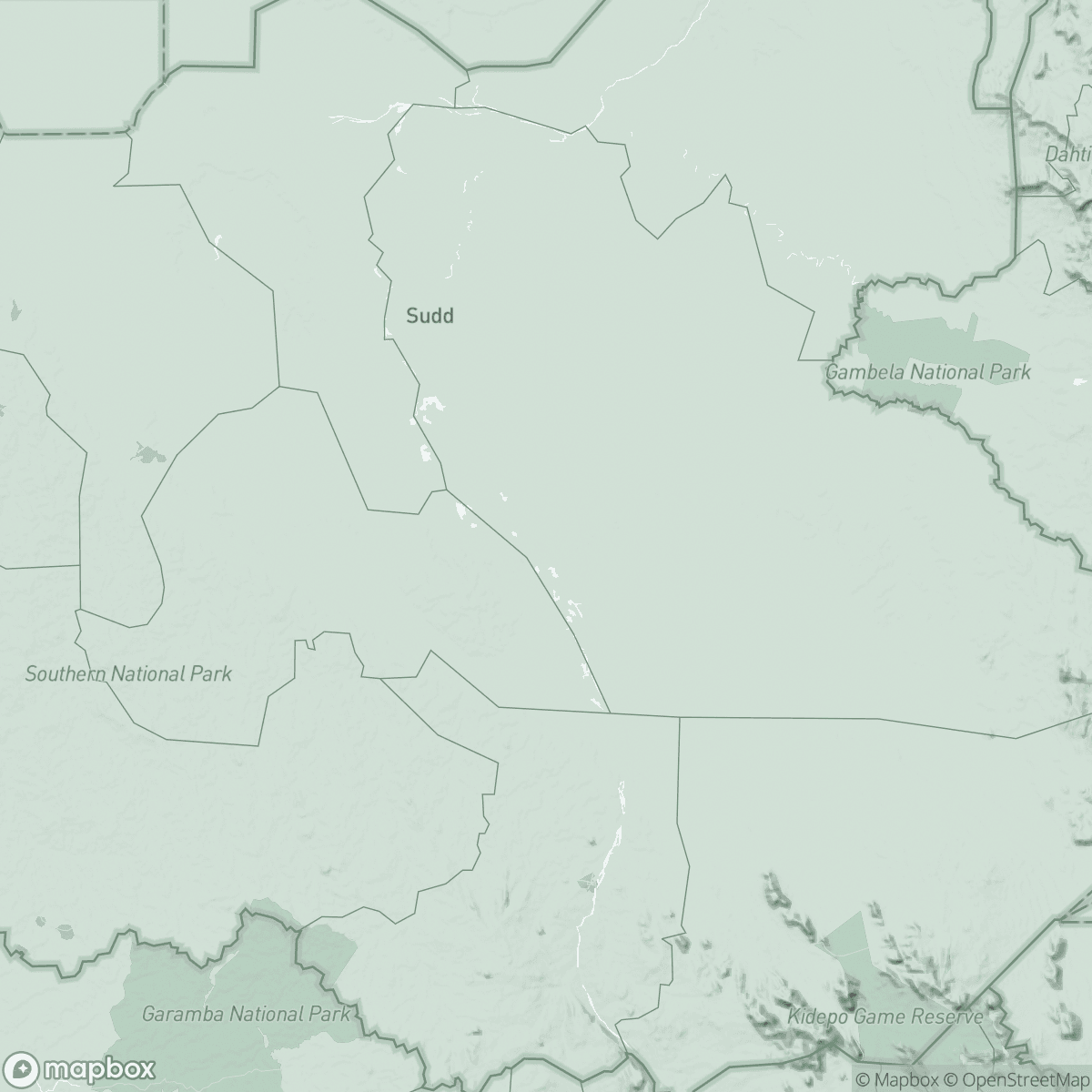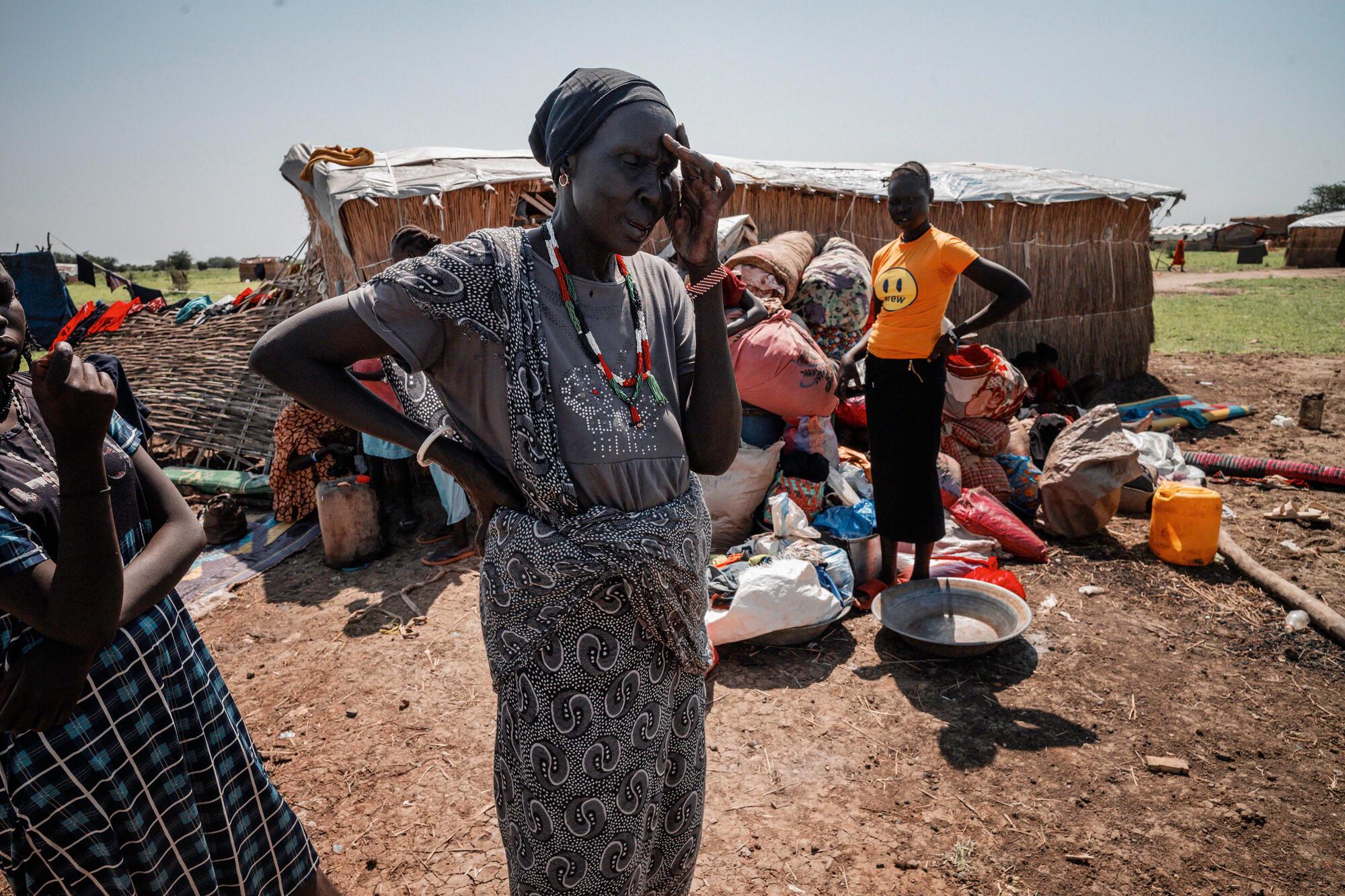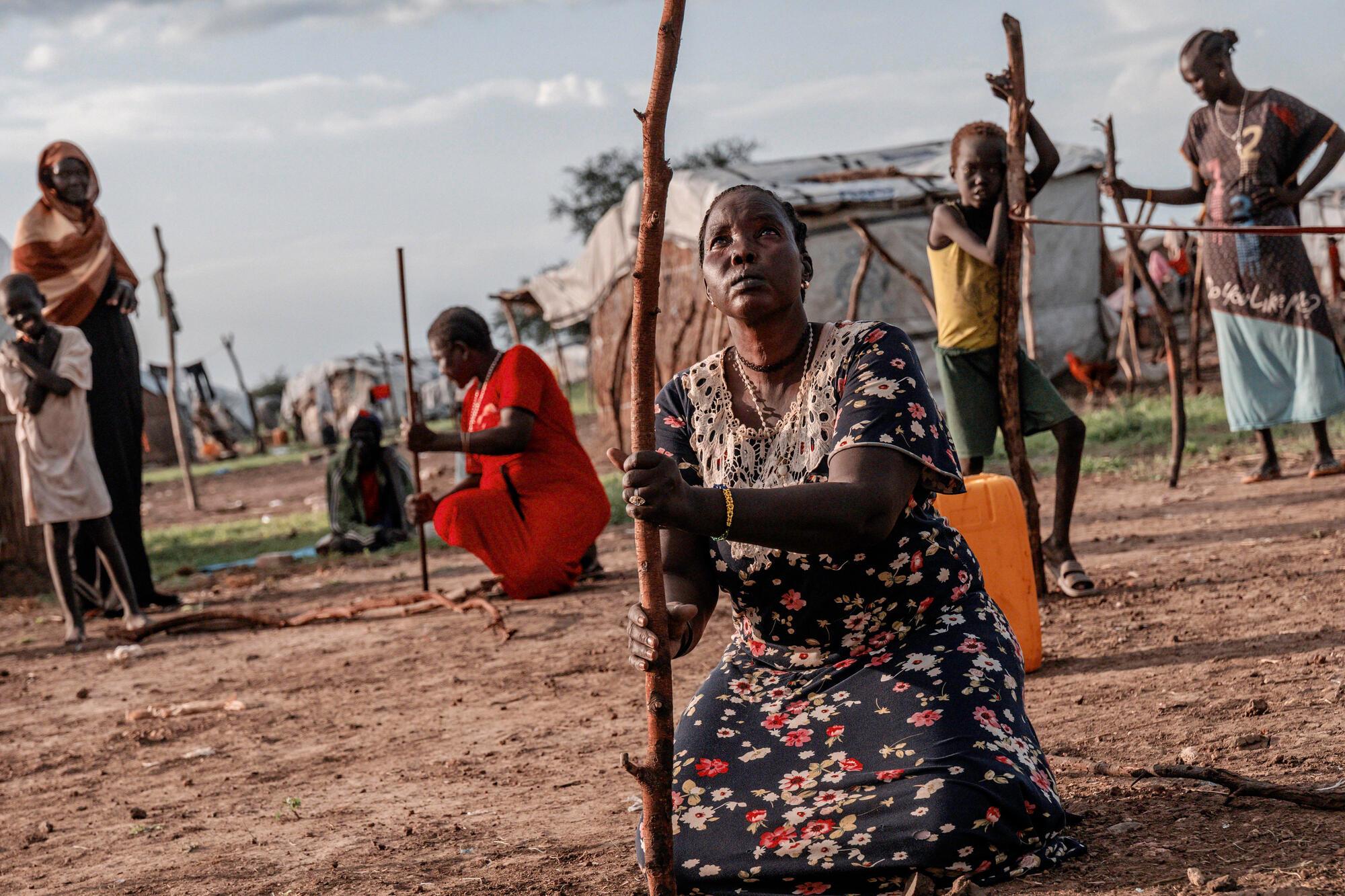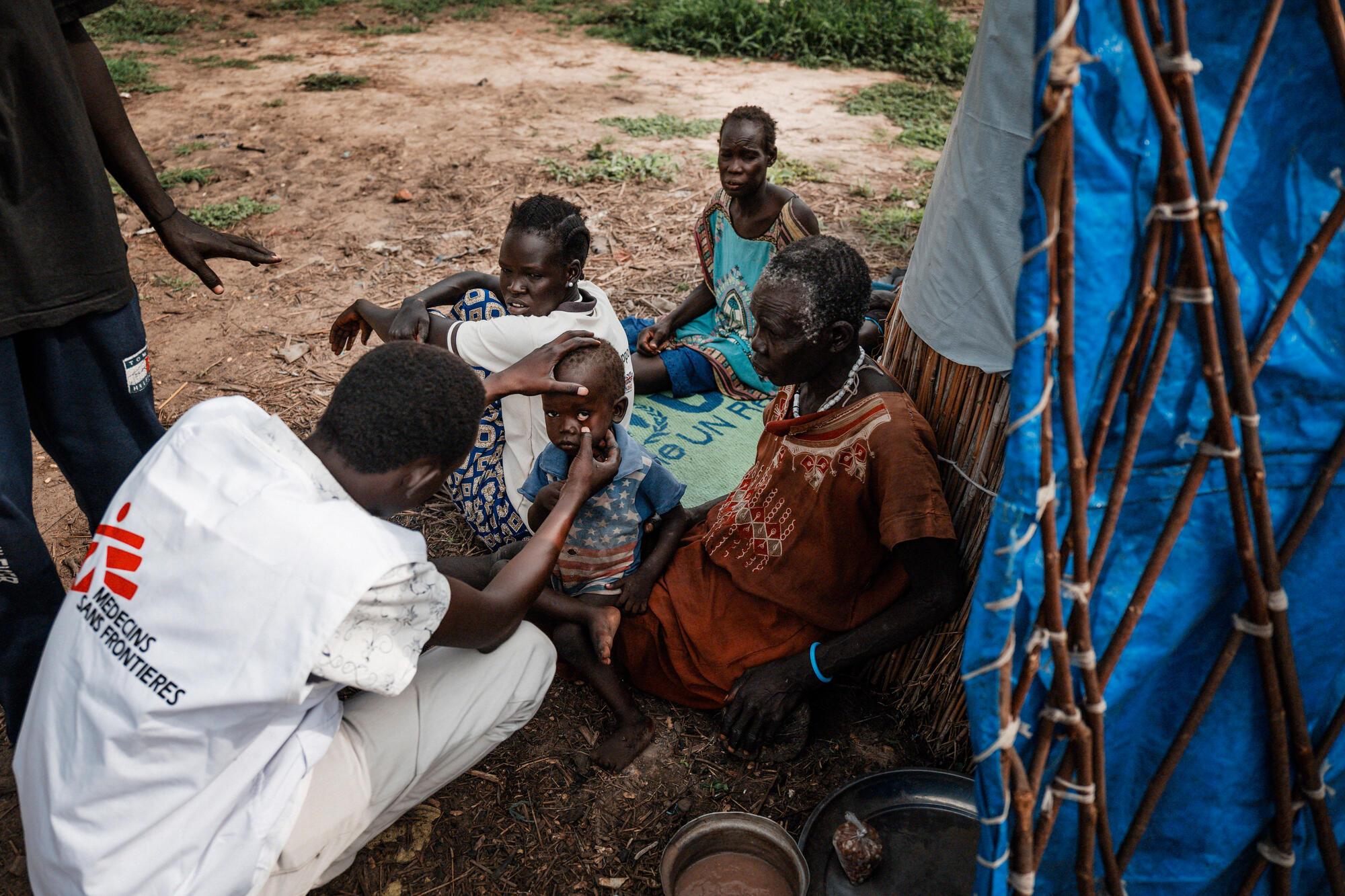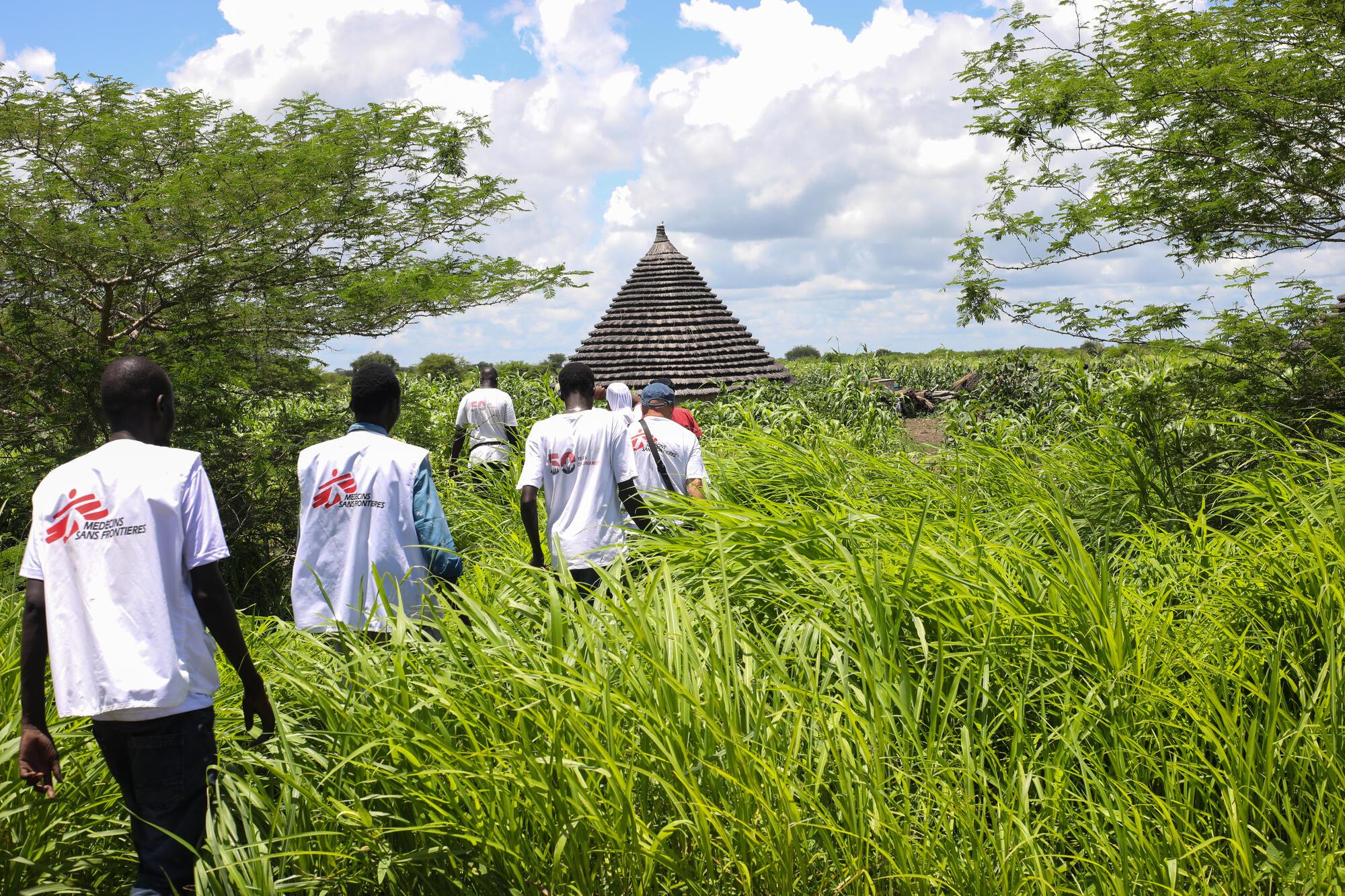
Season of need: Helping displaced and local communities in Abyei region
In 1 click, help us spread this information :
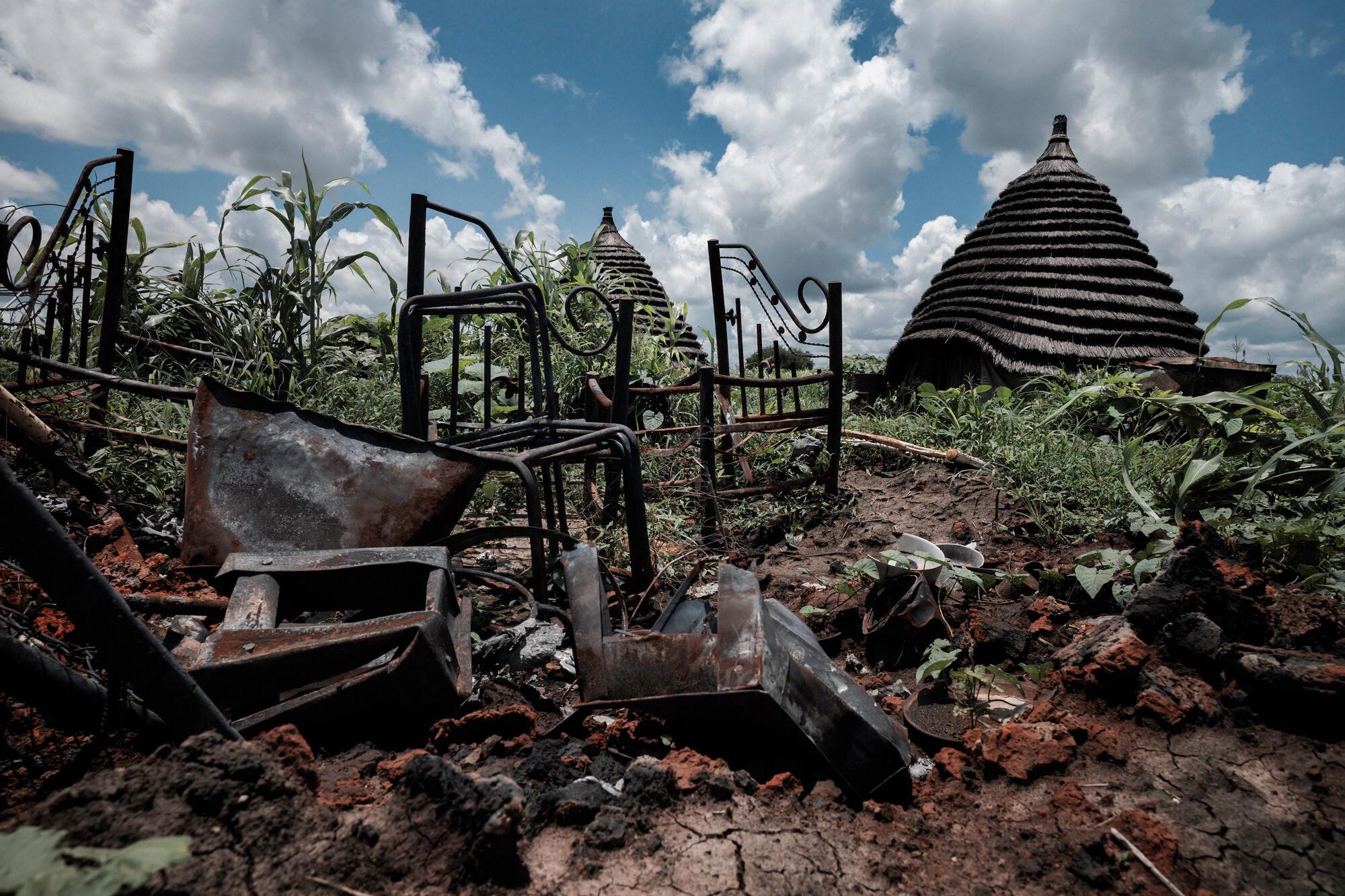
Le Soudan du Sud, le plus jeune pays du monde, a été plongé dans une grave instabilité tout au long de l'année 2022 et jusqu'au début de l'année 2023, huit de ses dix États étant secoués par la violence. Ces bouleversements ont provoqué d'importants déplacements de population, principalement dans la zone administrative spéciale d'Abyei et dans des régions telles que le comté de Twic. Ces déplacements massifs ont été aggravés par un contexte historique de conflit, une crise climatique croissante, des difficultés économiques et le manque d'accès à des soins de santé vitaux.
South Sudan, the youngest country in the world, was engulfed by severe instability throughout 2022 and into early 2023 eight out of its ten states being rocked by violence. This upheaval triggered extensive population displacements, predominantly in the Abyei Special Administrative Area and regions such as Twic County. These mass displacements have been aggravated by a historical backdrop of conflict, an increasing climate crisis, economic hardships, and lack of access to life-saving healthcare.
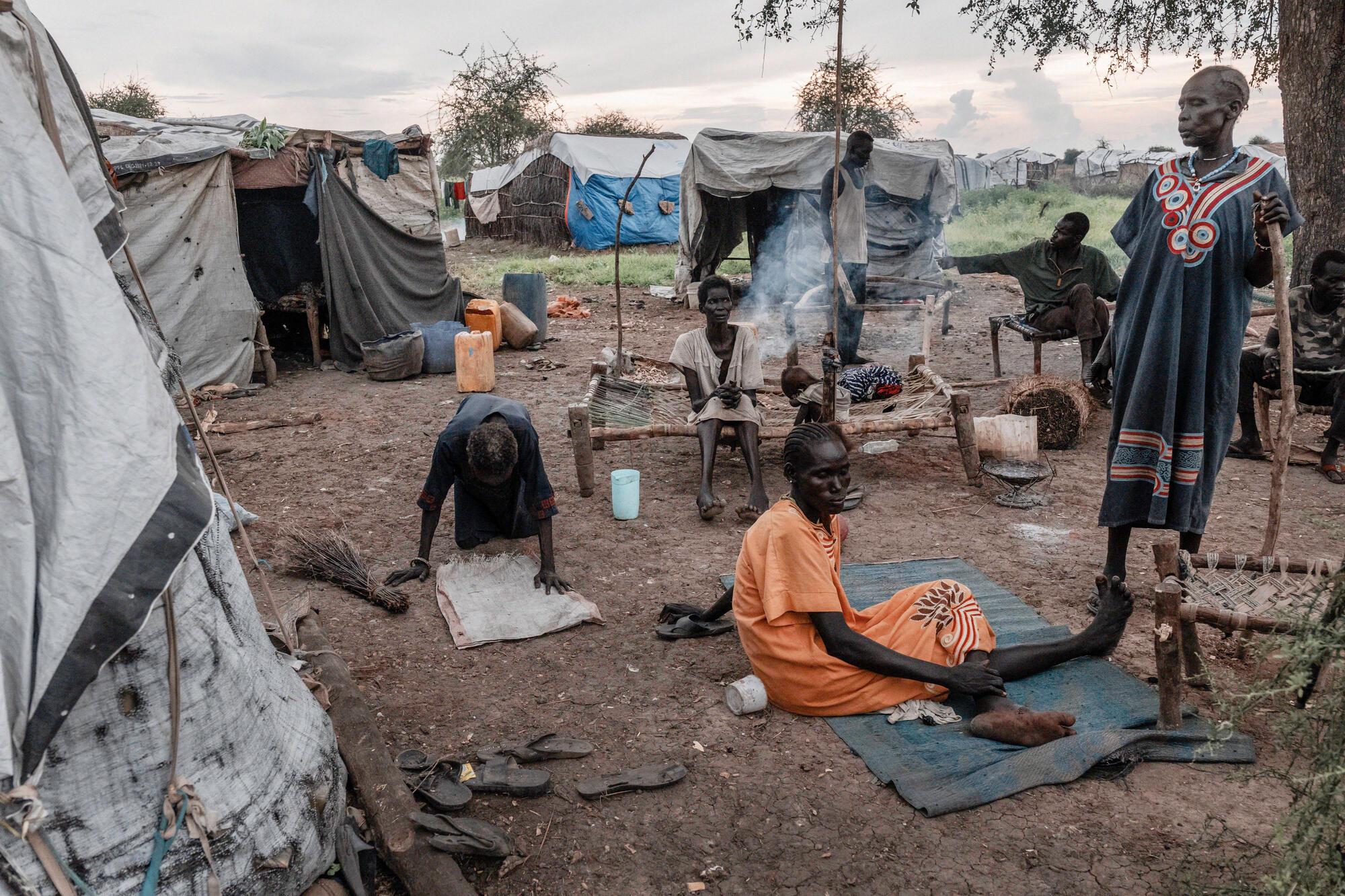
The harshness of the daily life
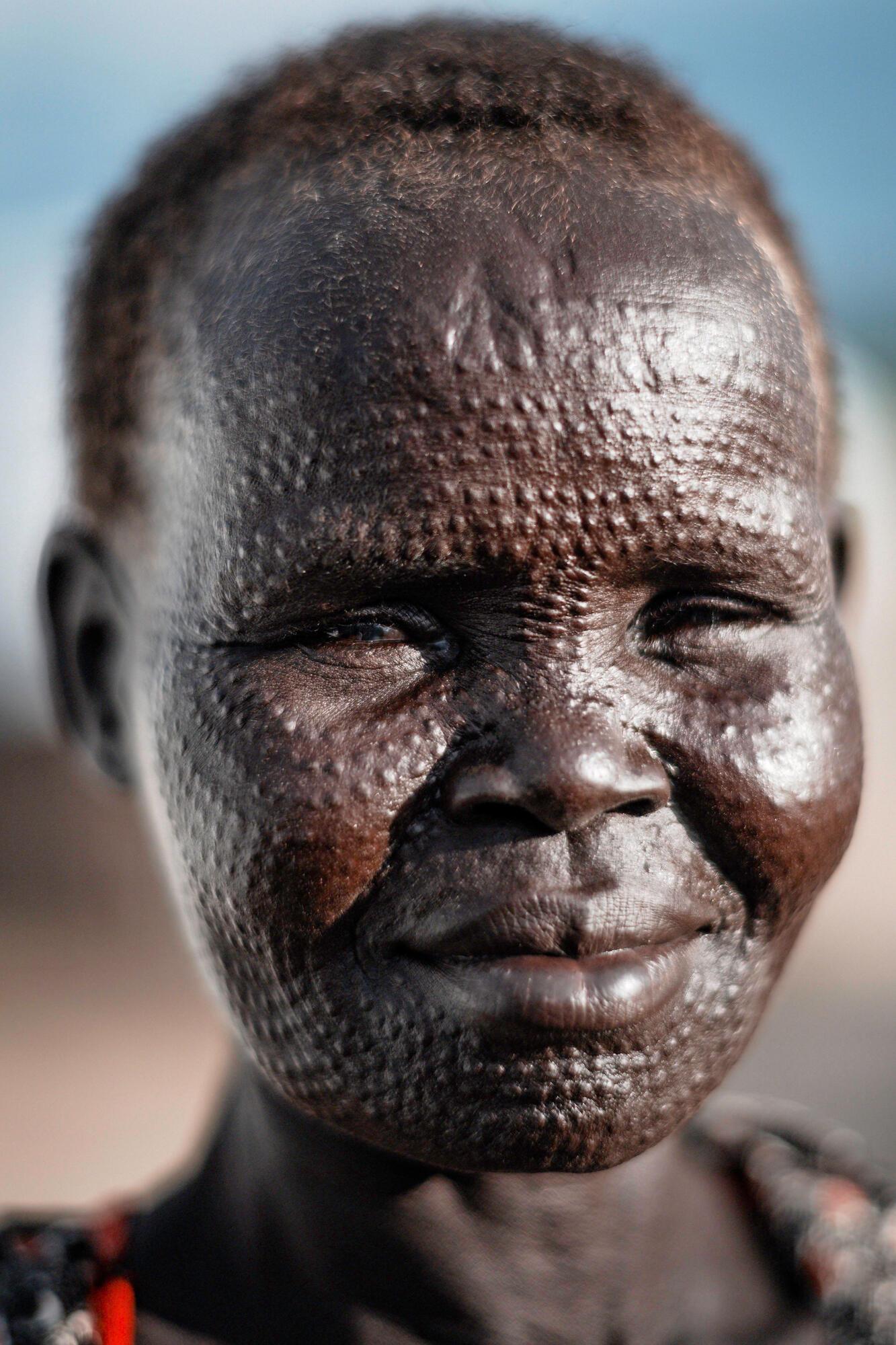
Most of the people in this internally displaced camp in Abyei are Nuer. Some fled violence in Agok, while others have come from Unity state to escape the flooding, particularly around Bentiu.
Akur has seven children. She explains,
The area is very overcrowded, and people are still arriving. It was okay at first, but since April, we have been suffering. New arrivals don't receive ration tokens, and they can't get help with shelter and food. So, we take care of them, even though we don't have enough ourselves. This is additional pressure we can't live with, but people can't eat alone; we should eat together, and we have to share what little we have."
Amidst the already dire situation in Abyei, a new challenge arose: an influx of returnees and refugees fleeing the horrors of Sudan's ongoing war. Indeed, there has been a significant influx of internally displaced people and refugees into South Sudan since the fighting outbreak on April 15.
Families who had been displaced from their homes sought refuge in Abyei, hoping for safety and a chance to rebuild their shattered lives.
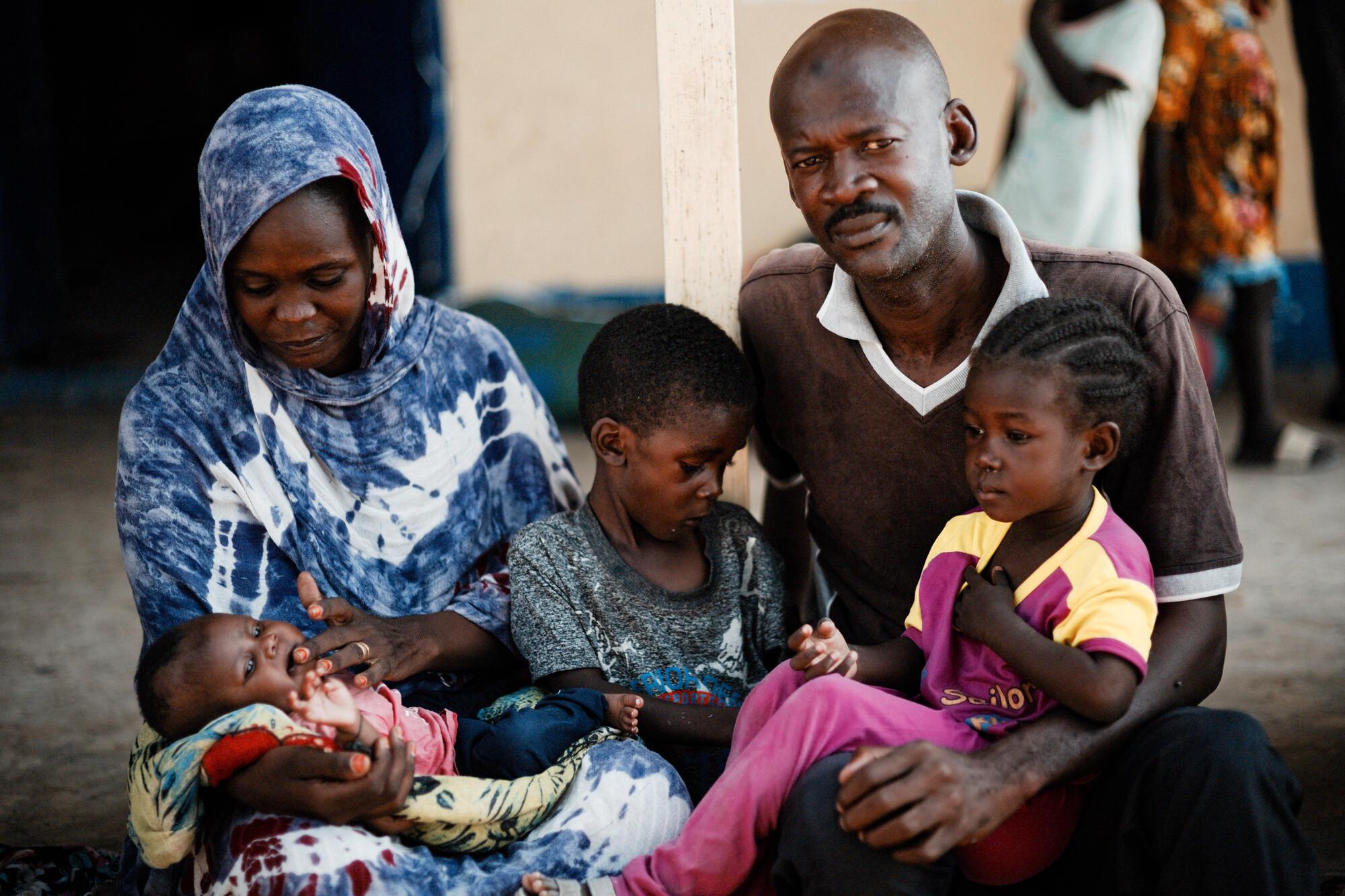
Abdhul Nasir Adam, Hammad, wife, three children, currently in the United Nations transit center in Abyei, have fled Sudan.
There are many, many families who are stuck in dangerous places and are desperate to come here. But the journey is too difficult, too expensive, and too dangerous. There are frequent attacks on people fleeing and a lot of looting. They take everything. We need transport, and we need protection. The situation is unbelievably terrible. There is fighting and shooting all the time, and we have all lost family and relatives. I lost three family members in an airstrike in Khartoum. I fled Khartoum and went to Nyala. I have nothing left at all."
As of end of November, over 400,000 people, predominantly South Sudanese returnees, as well as refugees have crossed the border.
The large number of arrivals, particularly women and children, presents challenges for transit sites. Rising market prices have contributed to worsening food insecurity. In addition to what South Sudan already suffers from, such as regular disease outbreaks, flooding, displacements and high rates of malnutrition.
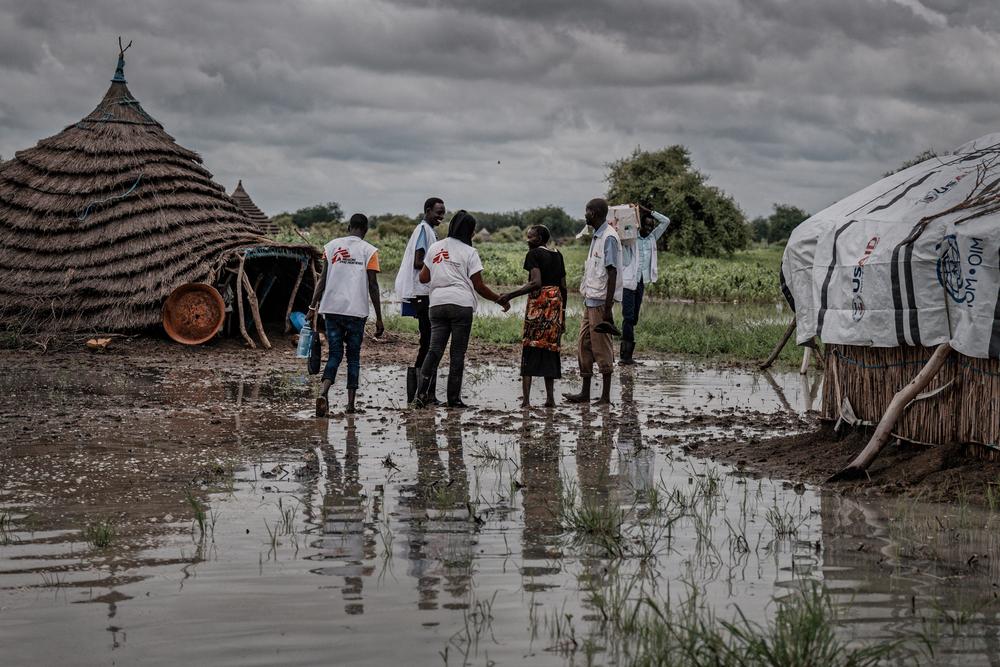
Mediacal needs and community engagement
With Abyei being a war-torn region, many remote areas are completely isolated, making it nearly impossible for people to access healthcare facilities. Floods posed a great threat during the rainy seasons, while conflict poses another in the dry season.
Equipped with medical supplies and a purposeful spirit, MSF teams travel long distances, to provide healthcare with the help of village volunteers.
Awa, team leader of integrated community case management, is carrying an unwell child to the vehicle before transporting him and his mother to the hospital.
We assist the people and provide advice and information, helping them recognize the signs and understand what to do before it becomes serious. This is particularly important for malaria and diarrhoea, which are common problems. We inform people when they should seek help." says Awa.
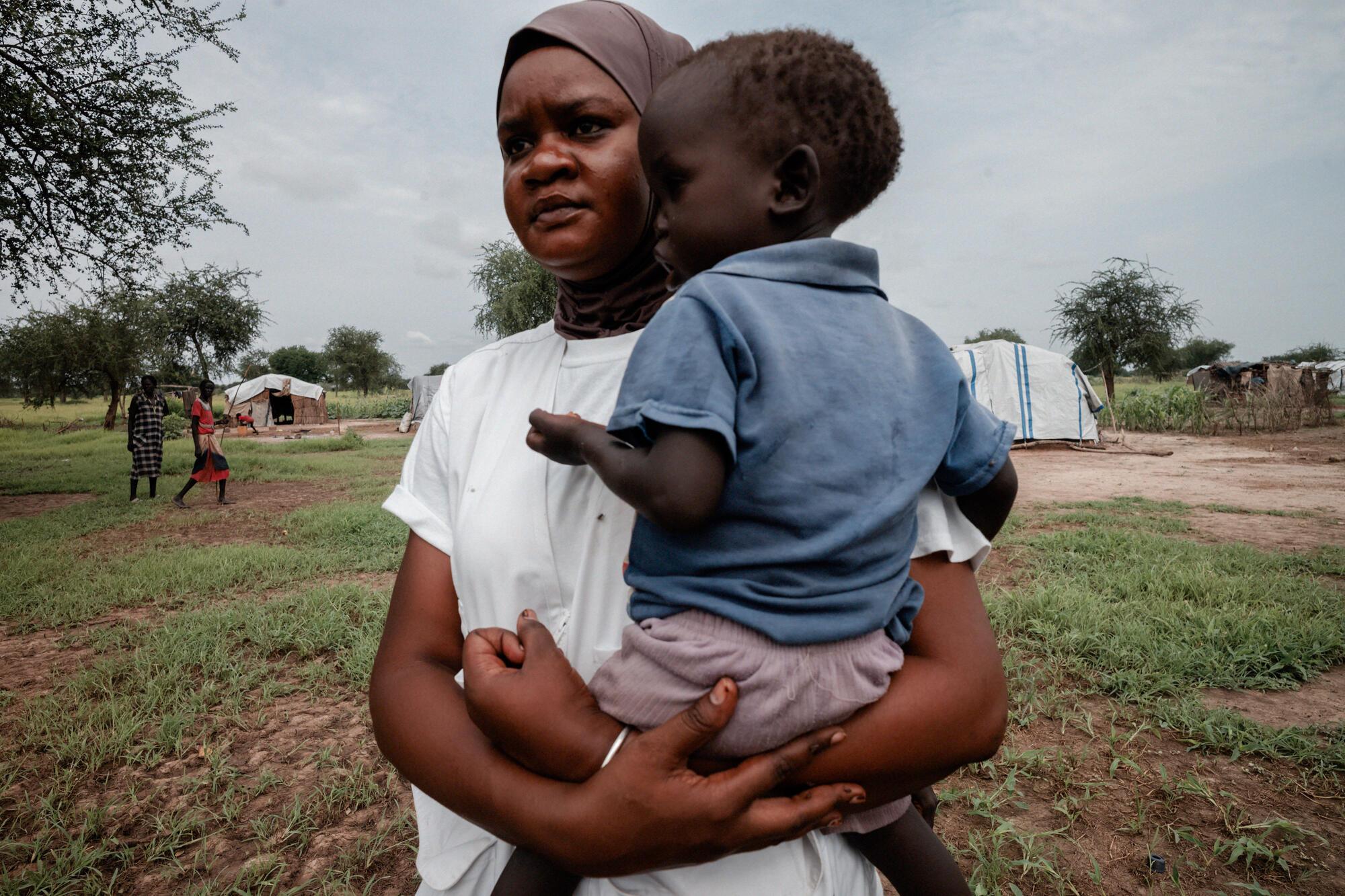
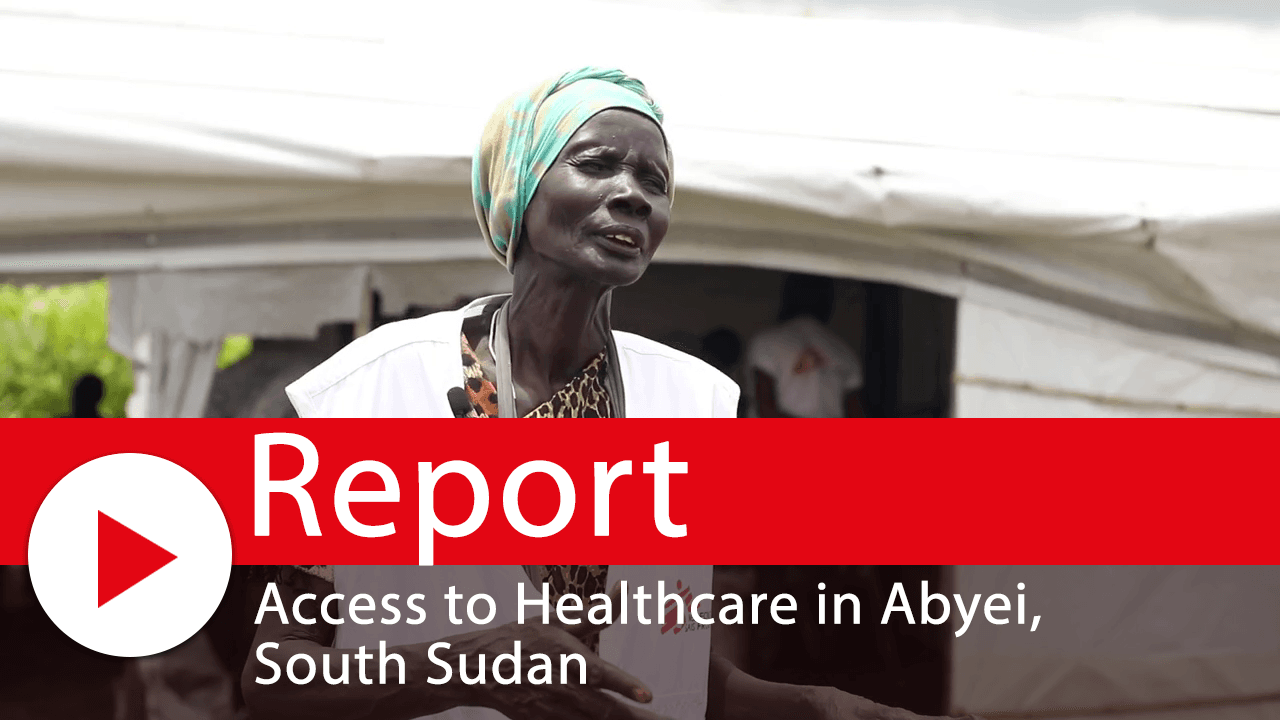
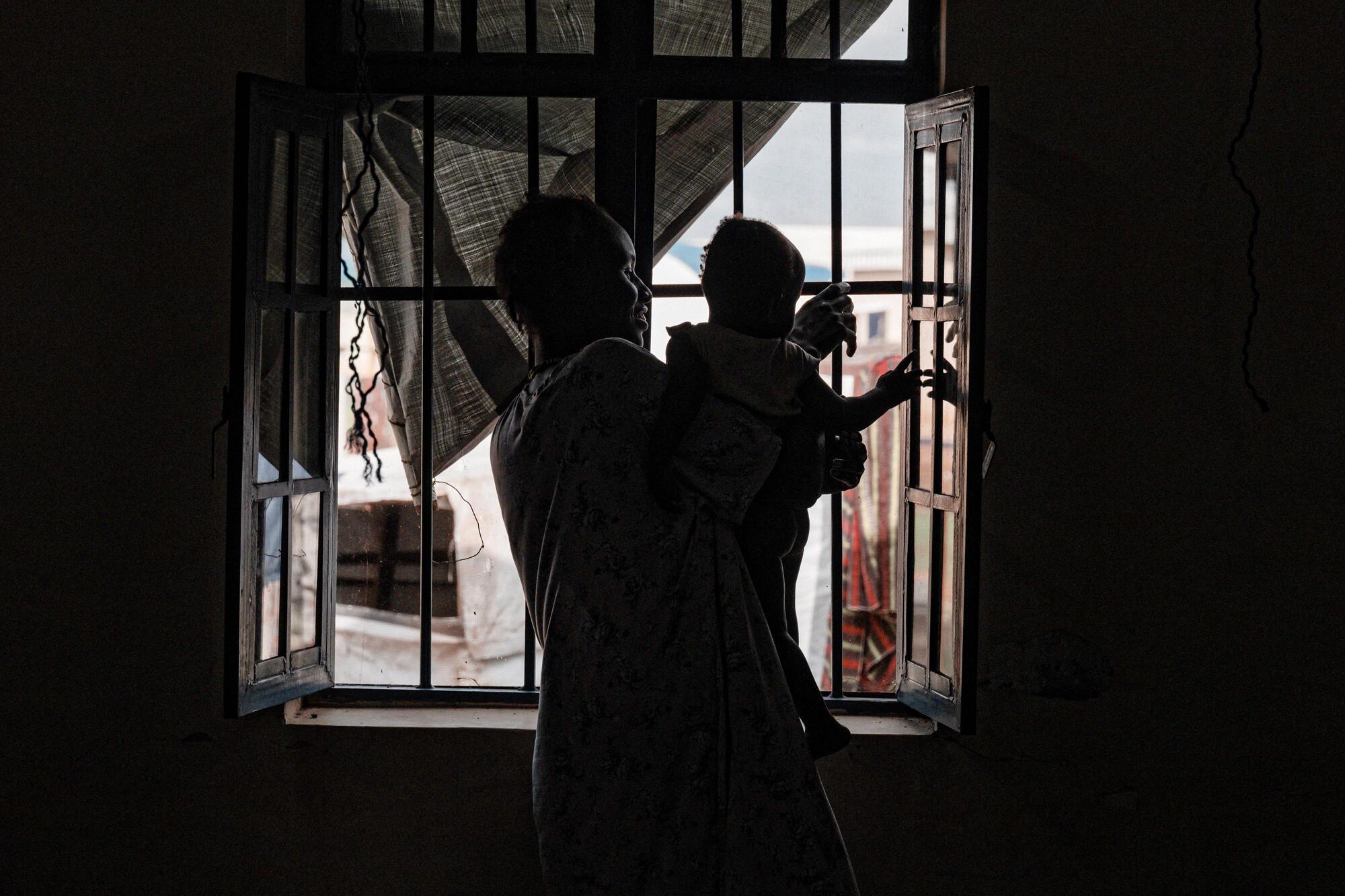
Supporting emergencies and hospital care
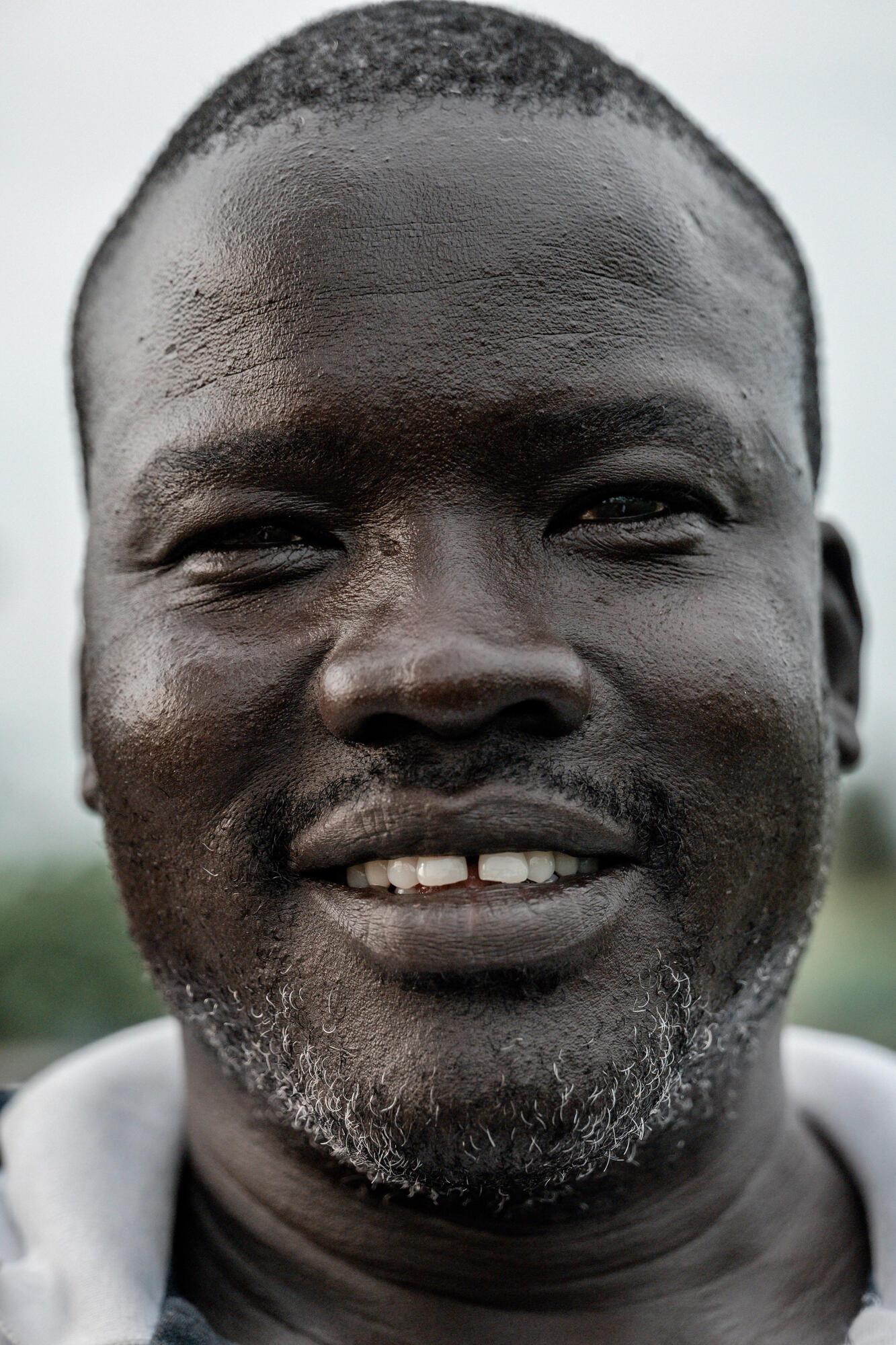
Nur Mawien is a nursing team supervisor at Ameth Bek Hospital, Abyei. Being form the community himself, he explains the key role of the MSF-supported hospital:
Having the hospital means a lot to the community, people feel safe there. Simply having a hospital is not enough, it is having a hospital that is running well that serves everyone that is important. That means that everyone wants to come to this hospital, and they travel far distances to get here. Everyone knows this is a good hospital. The problem is many patients come to our facilities do not meet the admission criteria."
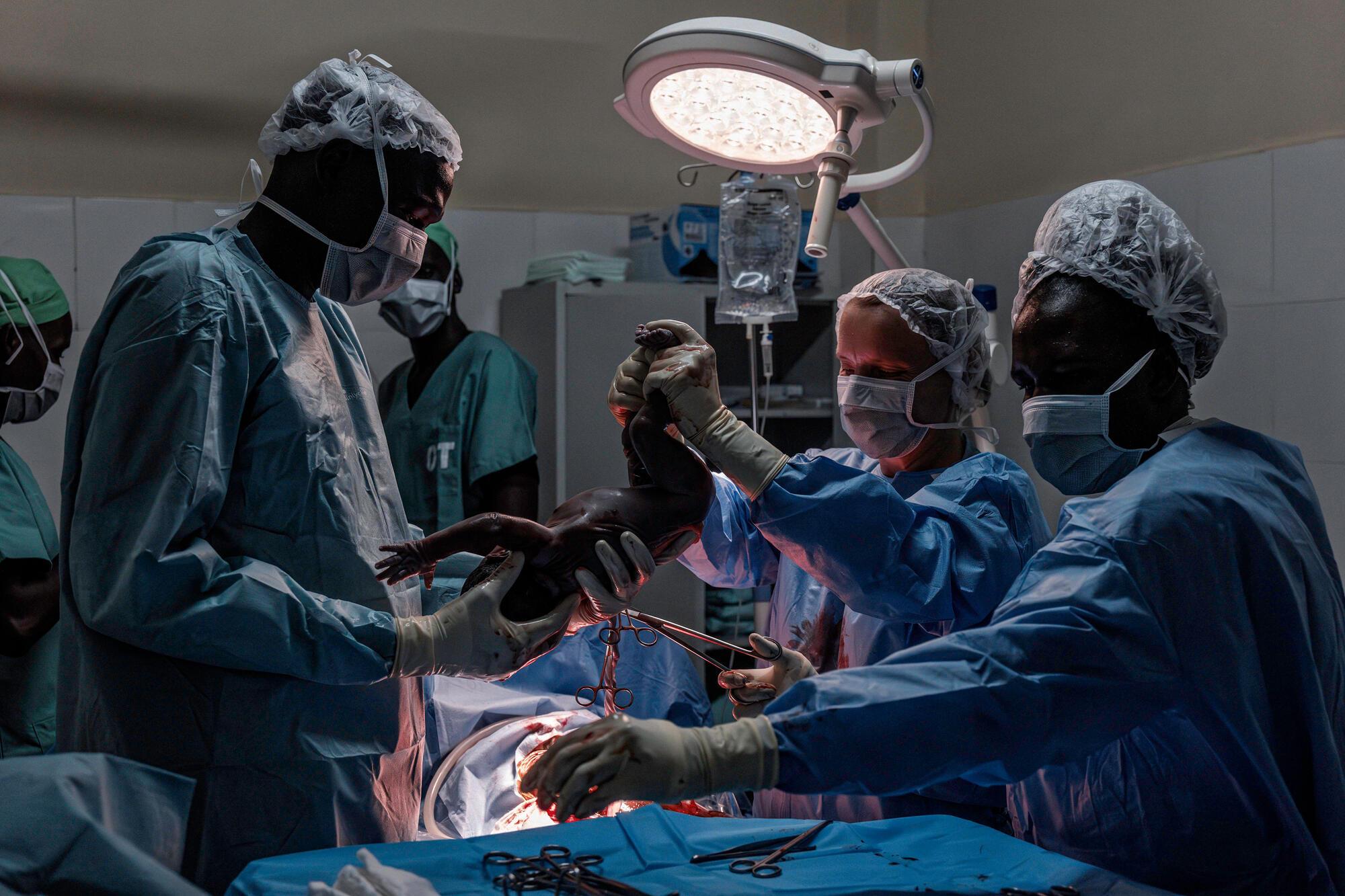
A baby boy was born via caesarean section at Ameth Bek Hospital in Abyei. Between January and September, medical teams performed 1,504 surgical operations, and assisted around 350 deliveries.
The hospital is a beacon of hope, a place where lives are transformed, and healing takes place. MSF doctors, nurses and support staff work tirelessly, dedicating their expertise to a community that has long been neglected.
